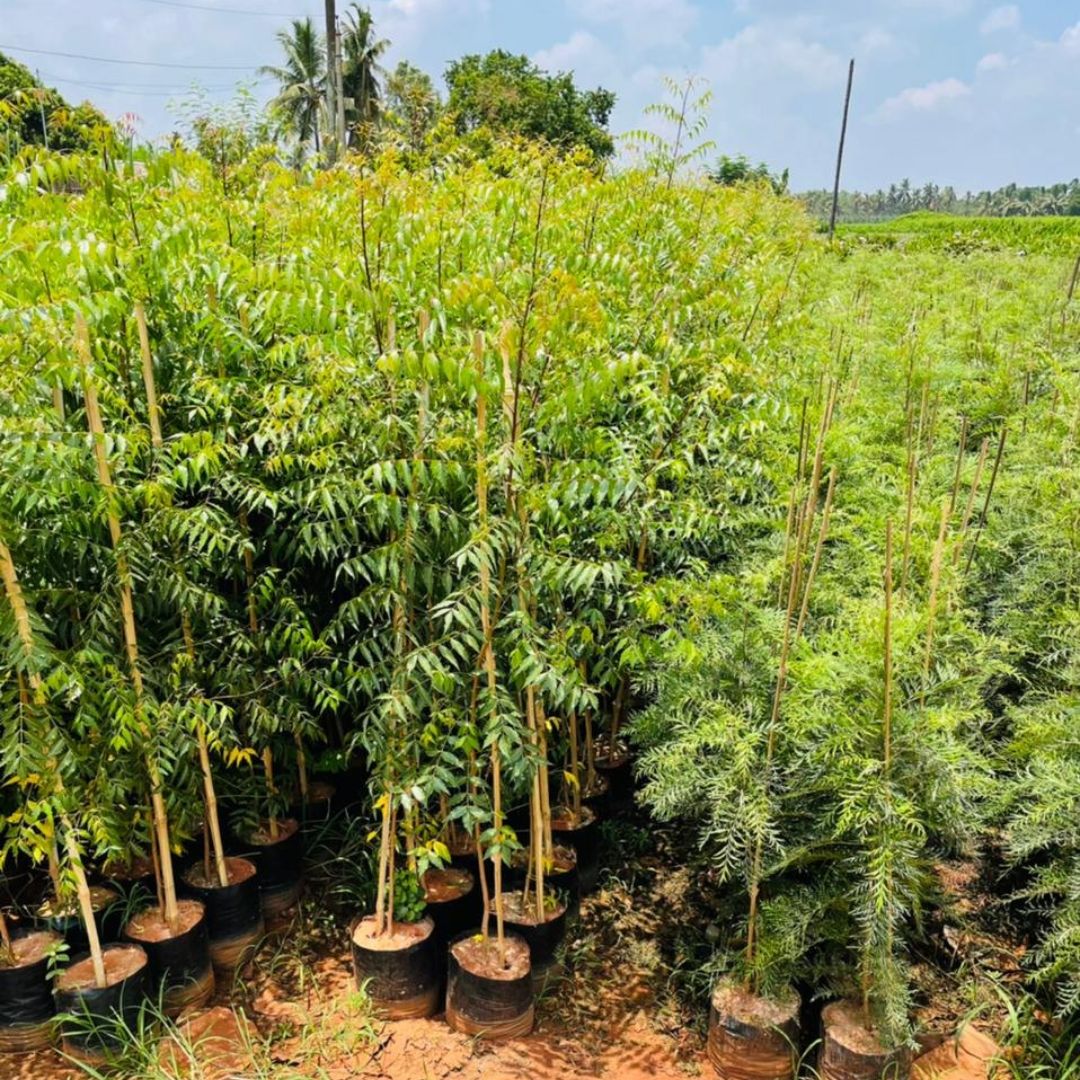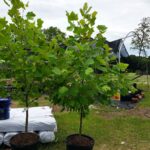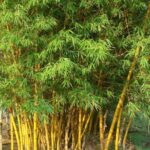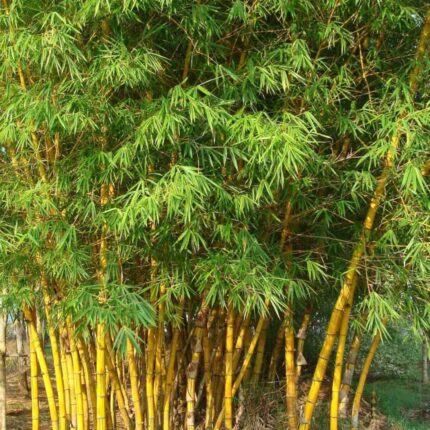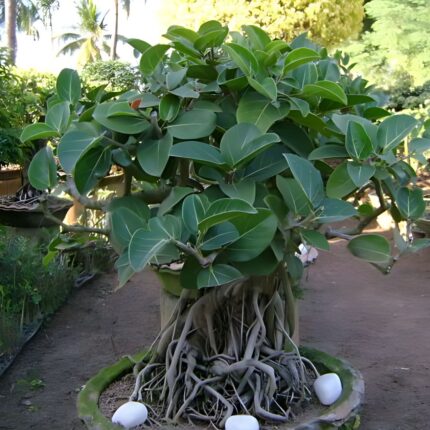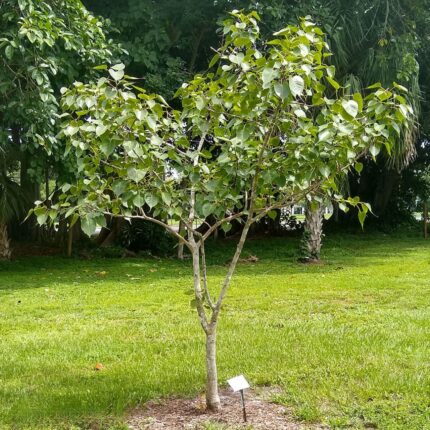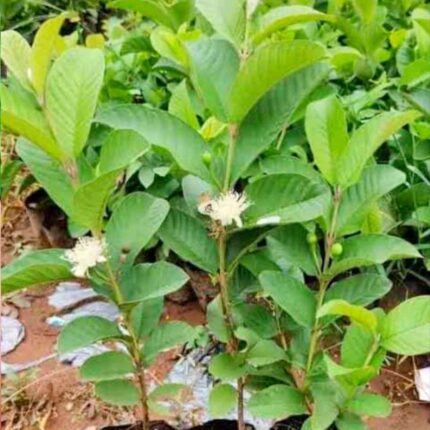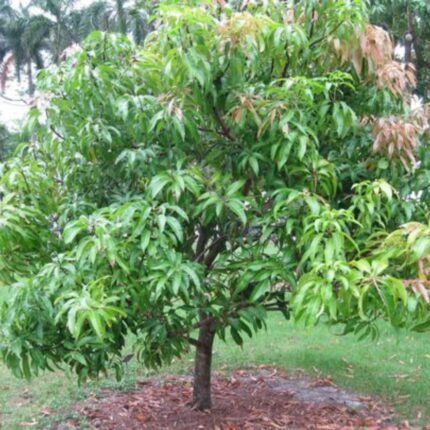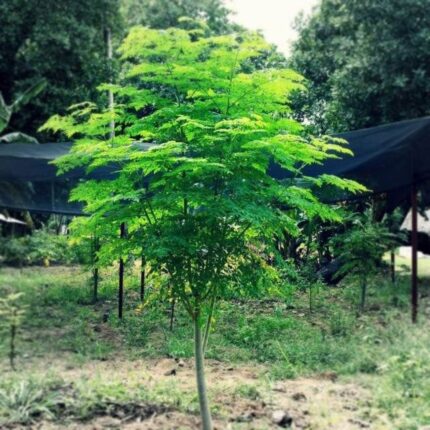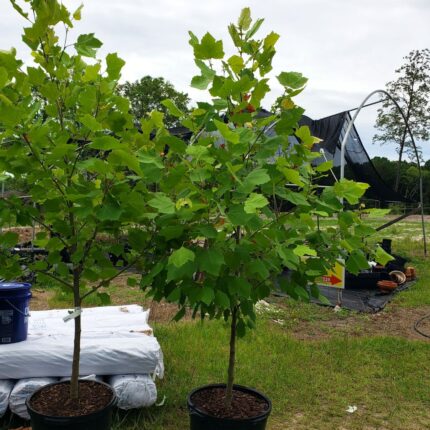Neem (नीम)
₹2,998.00
Neem is a fast-growing, evergreen tree native to the Indian subcontinent. It can reach a height of 15-20 meters (49-66 feet), and in rare cases, up to 35-40 meters (115-131 feet). It is known for its robust structure, bright green foliage, and fragrant white flowers. The tree produces small, olive-like fruit that turns yellow when ripe.
Common Names:
- Neem tree
- Indian lilac
Benefits:
- Natural Pesticide Properties: Neem is renowned for its natural pest-repellent properties. Neem oil, extracted from the seeds, contains azadirachtin, which disrupts the lifecycle of insects, making it an effective organic pesticide.
- Medicinal Uses: Neem has been a cornerstone of traditional medicine for centuries. Its leaves, bark, seeds, and oil are used to treat a variety of ailments, including skin conditions, infections, and inflammation.
- Soil Fertility Improvement: Neem trees enhance soil health by providing a rich organic matter layer as their leaves decompose, which improves soil structure and fertility.
- Environmental Benefits: Neem trees are excellent for reforestation projects and environmental conservation due to their ability to thrive in poor soils and semi-arid conditions. They help in controlling soil erosion and improving air quality by sequestering carbon dioxide.
Uses:
- Agricultural Uses:
- Pesticides: Neem oil and neem-based products are widely used in organic farming to manage pests without harming beneficial insects.
- Fertilizers: Neem cake, a by-product of neem oil extraction, is used as an organic fertilizer that enriches the soil and protects plants from root pests.
- Medicinal Uses:
- Skin Treatments: Neem oil and leaves are used to treat eczema, psoriasis, acne, and other skin conditions due to their antibacterial and anti-inflammatory properties.
- Dental Care: Neem twigs are traditionally used as natural toothbrushes (known as ‘datun’) due to their antimicrobial properties, which help maintain oral hygiene.
- Internal Medicine: Neem is used in Ayurvedic medicine to treat various ailments such as fever, malaria, intestinal worms, and as a natural detoxifier.
- Cosmetic Uses:
- Skincare Products: Neem is a common ingredient in soaps, lotions, shampoos, and creams for its ability to improve skin health and fight infections.
- Haircare Products: Neem oil is used in hair products to combat dandruff, lice, and promote overall scalp health.
- Household Uses:
- Insect Repellent: Neem leaves and oil are used in households to repel mosquitoes and other insects.
- Storage: Neem leaves are often placed with stored grains to protect them from pests.
- Environmental Uses:
- Reforestation: Neem trees are planted in degraded lands to restore soil fertility and prevent desertification.
- Urban Greening: Used in urban landscapes for shade, ornamental purposes, and air purification.
Cultivation:
- Climate: Neem thrives in tropical and subtropical regions. It prefers temperatures between 21-32°C (70-90°F) and can tolerate drought conditions.
- Soil: It grows best in well-drained, sandy or rocky soils but can also adapt to a wide range of soil types, including clay and saline soils.
- Water: Neem is drought-tolerant and requires minimal watering once established. Overwatering should be avoided as it prefers dry conditions.
- Propagation: Neem is typically propagated through seeds, which should be planted fresh. It can also be propagated through cuttings and root suckers.
Conservation Status:
Neem is not considered endangered. Its ability to grow in a variety of environmental conditions and its wide range of uses have led to its cultivation and naturalization in many regions outside its native habitat.
Neem is a versatile and valuable tree that offers a plethora of benefits for agriculture, medicine, and the environment. Its resilience and wide range of uses make it an integral part of sustainable living practices.

